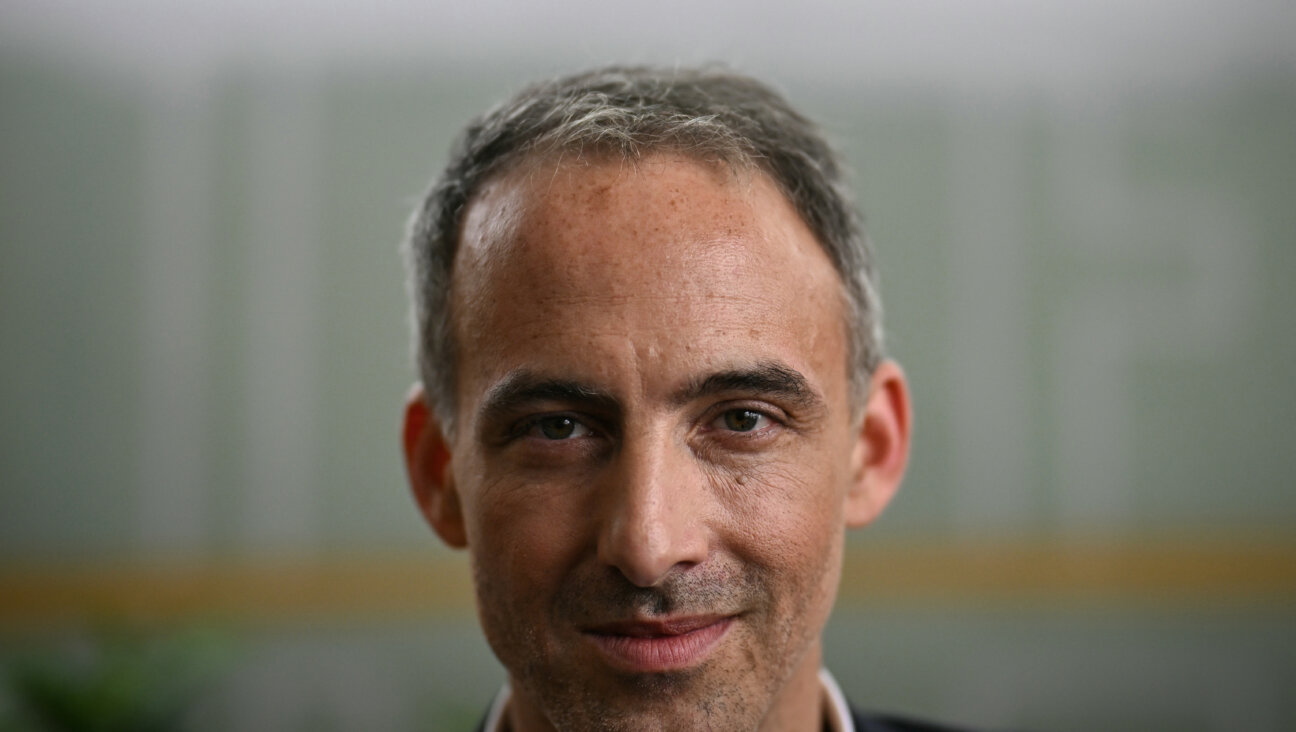Behind a dramatic election in France, the rise of a new Jewish leader — and also antisemitism
A surprisingly strong Socialist performance was led by Raphaël Glucksmann, whose grandparents emigrated to France in the 1930s

A surprisingly strong Socialist performance was led by Raphaël Glucksmann, whose grandparents emigrated to France in the 1930s

In the 140th anniversary year of his birth on April 9, 1872, the French Jewish statesman Léon Blum is more timely than ever. In April, during France’s latest presidential election, Les éditions Albin Michel reprinted a short exhortatory text, “In Order to be a Socialist,” which Blum wrote in 1919 when he was 42. It…

Along with Léon Blum, Pierre Mendès France (1907-1982) was the only Jewish statesman ever allowed to serve as Prime Minister of France. Mendès France held that office from 1954 to 1955, following years in the wartime French Résistance. Like Blum, Mendès France was targeted for a multitude of anti-Semitic insults, which made him resolve not…
A startling new report by investigative journalist Edward Jay Epstein suggests that the arrest of then-International Monetary Fund chief Dominique Strauss-Kahn on sexual assault charges in New York last May may have been a setup engineered by his political opponents. The article, based among other things on examination of hotel card-key records, cell phone records…

French government officials are rarely known for their sense of poetic justice, but the French Jewish statesman Robert Badinter, born in 1928, is an exception to the rule. Former Minister of Justice in François Mitterrand’s government, Badinter published a Mitterrand-related memoir with Les éditions Fayard in March, with the wry title “Thorns and Roses” (Les…

When the leftist French Jewish singer/songwriter Jean Ferrat (born Tenenbaum) died last March at the age of 79, the outpouring of affectionate tributes surprised some. After all, Ferrat had been retired to an Ardèche village in south-central France for a number of years. A detailed new biography has appeared from Les éditions Fayard, “Jean Ferrat:…

The Moroccan-born Israeli historian Michel Abitbol is a possibly surprising source for savvy perspectives on the strained relations between Jews and France. Up until now he has produced cogent, concise works about North Africa such as “The Jews of North Africa during the Second World War” from Wayne State University Press as well as others…

The historian Jean-Noël Jeanneney is mostly known as the author of “Google and the Myth of Universal Knowledge: A View from Europe” (University of Chicago Press), a 2006 attack on the search giant’s book digitization project. But Jeanneney, who is the former president of France’s notoriously user-unfriendly Bibliothèque nationale, is also the author of many…




100% of profits support our journalism